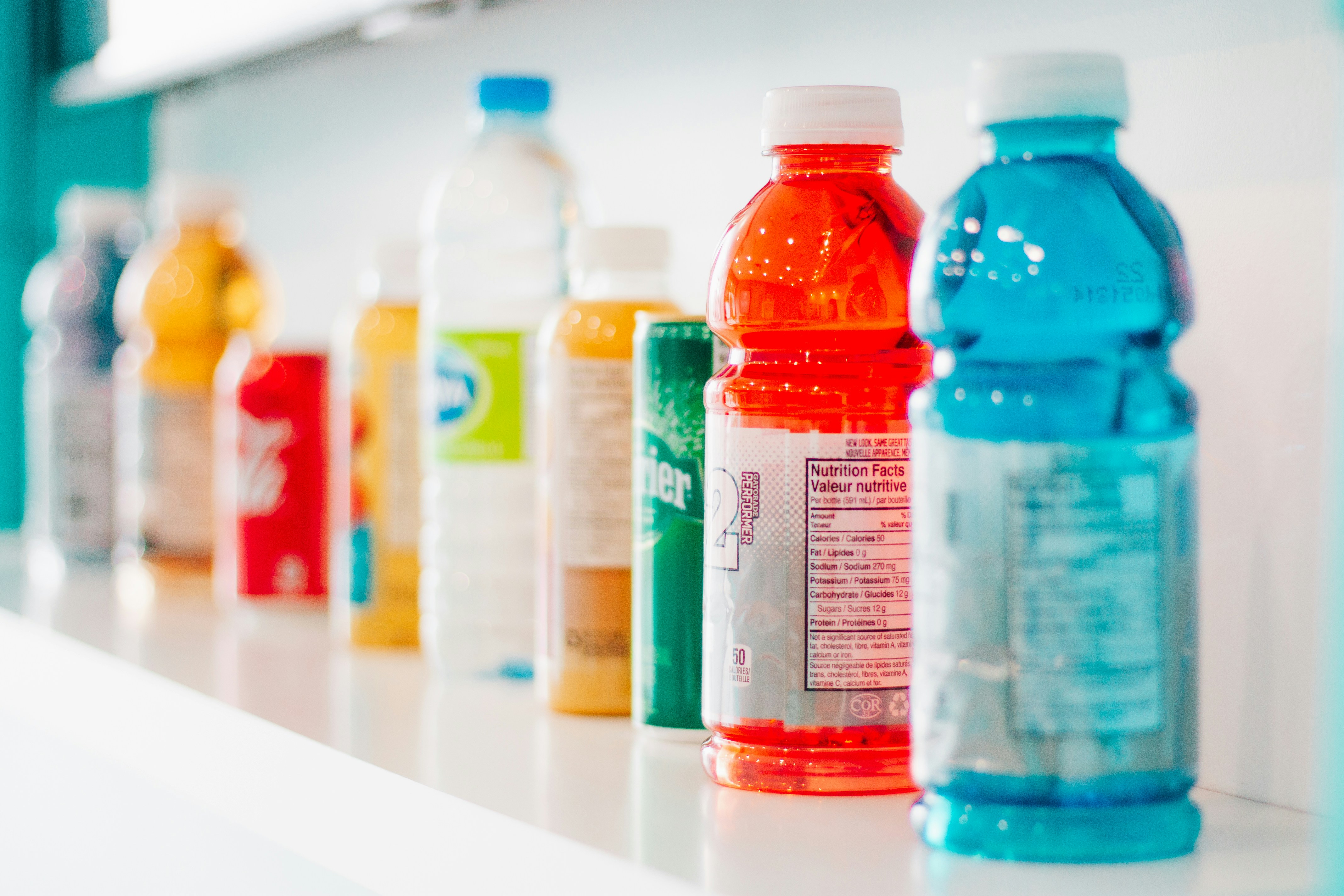In elite football, small gains can make a big difference. While technical skill and physical preparation often get the spotlight, nutrition remains a critical – and sometimes overlooked – pillar of performance and recovery. A new peer-reviewed study published in the Journal of the International Society of Sports Nutrition explores how education and behavior change strategies can meaningfully improve dietary practices in professional football players. The findings are not only relevant to top-tier clubs but carry valuable lessons for semi-professional athletes and support staff aiming to bridge the gap to elite standards.
Study Overview:
📍 Study Setting: English Premier League development squad
👥 Participants: 20 male professional footballers (mean age 18 ± 1 years)
📅 Duration: 14 days, covering match build-up, game day, and recovery
⚖️ Groups:
- Intervention Group (INT): Received tailored nutrition education and behavior change support
- Control Group (CON): No additional support; maintained existing practices
What Was Delivered to the Intervention Group?
The INT group underwent a structured program that included:
- One-to-one consultations with a performance nutritionist
- Practical education sessions (e.g., fuelling strategies, recovery nutrition)
- Behavior change techniques such as goal setting, monitoring, and feedback
- Bespoke match-day meal planning, using traffic-light food labeling and tailored support
This wasn’t just theory — players were empowered to take action using real-life tools they could apply in their everyday routines.
Key Results: What Changed for the Intervention Group?
📊 Improved Energy Intake:
- INT: 3393 ± 852 kcal/day
- CON: 2894 ± 689 kcal/day
- → +500 kcal/day difference
🥖 Carbohydrate Intake Boosted:
- INT: 5.36 ± 1.9 g/kg/day
- CON: 4.22 ± 1.1 g/kg/day
- → Meeting closer to match-day recommendations (6–8 g/kg)
🕒 Effective Carbohydrate Periodization:
- INT players increased carbohydrate intake on:
- Match Day -1 (MD-1) to top off glycogen stores
- Match Day (MD) to fuel performance
- Match Day +1 (MD+1) to support recovery
🔥 Elevated Resting Metabolic Rate (RMR):
- INT players saw a statistically significant increase in RMR 24 and 48 hours post-match (likely linked to higher energy output and inflammation/recovery demands).
This demonstrates that nutrition doesn’t end at the final whistle — recovery demands are sustained, and energy needs remain high.
Why This Matters for You as a Player or Coach:
📌 1. Nutrition Education Works:
Don’t assume knowledge equals application. Even pro players benefit from structured support. If you’re not working with a nutritionist, you’re likely leaving performance gains on the table.
📌 2. Carb Periodization is Key:
Fuel low, fuel high? Only when it makes sense. This study reinforces the value of increasing carbohydrate intake before and after matches, where demands are highest.
📌 3. Match Recovery Requires More Energy Than You Think:
Elevated RMR shows the body continues working hard post-match. Players need more food — not less — on recovery days to repair tissue, reduce inflammation, and restore energy balance.
How You Can Apply These Findings:
💡 Pre-Match (MD-1):
- Prioritise high-carb meals and snacks
- Aim for 6–8 g/kg of carbs if training load is high
- Avoid going into the match with low glycogen
💡 Match Day (MD):
- Eat a carb-rich breakfast (e.g., oats, fruit, toast)
- Include easily digestible carbs in pre-match meals
- Use in-game fuelling if the match intensity is high (e.g., gels, drinks)
💡 Post-Match (MD+1 and MD+2):
- Maintain high carb and protein intake
- Focus on hydration, antioxidant-rich foods (berries, leafy greens), and omega-3s
- Don’t under-fuel just because training is lighter
Closing Thoughts:
This research reinforces what many high-performance environments are starting to prioritise: nutrition education and behaviour support are performance tools, not just health extras. Whether you’re playing in the Premier League or climbing the semi-professional ranks, adopting smarter fuelling and recovery strategies could be the edge you’re missing.
📖 Full Study Reference:
Galloway et al. (2024) – Contemporary educational and behavior change strategies improve dietary practices around a match in professional soccer players. Read here
More related to this articles

Electrolytes: Why They’re Overrated (and When You Actually Need Them)
Electrolytes are one of the most overhyped products in sports nutrition. While brands push powders and tablets as everyday essentials, most athletes don’t actually need them for regular training. Water and a balanced diet provide more than enough for sessions under an hour. Electrolytes only become useful in hot conditions, during long endurance events, or for athletes with heavy sweat losses. The takeaway? They’re a tool for specific situations, not a daily performance hack.

Forget Diet Culture. Here’s What Balanced Actually Means When You’re 40+

Optimising Match-Day Nutrition: What New Research Tells Us About Fueling and Recovery in Football
In elite football, small gains can make a big difference. Get your nutrition protocols in check.
.svg)
